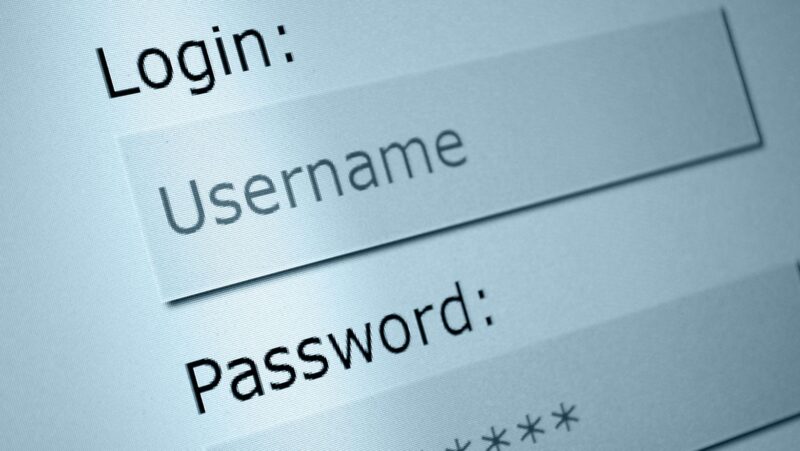
We all know that iPhones are great devices. They’re sleek, powerful, and come with a ton of features that we love. But there is one thing that iPhone users complain about all the time: battery life. It’s no secret that iPhones have pretty terrible battery life in comparison to other smartphones on the market. And it’s something that Apple has been trying to improve for years. But no matter how many software updates or new hardware features they add, the battery life issue persists.
There are a number of reasons why iPhones have such bad battery life. First, there’s the fact that iOS is a power-hungry operating system. It requires a lot of processing power to run smoothly, which takes a toll on the battery. Second, iPhones have small batteries in comparison to other smartphones. The iPhone 6s, for example, has a 1,715 mAh battery. By contrast, the Samsung Galaxy S6 has a 3,000 mAh battery. And the new HTC One M9 has a 2,840 mAh battery. Finally, iPhones have lots of features that can drain the battery quickly. Things like the retina display, 4G LTE connectivity, and always-on Siri can all eat up power.
why iphones are bad
1. Because iOS is a power-hungry operating system
2. Small batteries in comparison to other smartphones
3. Lots of features that can drain the battery quickly ( retina display, 4G LTE connectivity, always-on Siri)
The main reasons why iPhones have bad battery life are due to the power-hungry iOS operating system, small batteries in comparison to other smartphones, and numerous features that can quickly drain power. While Apple has been trying to improve battery life with software updates and new hardware features, the issue persists for many users. If you’re looking for a smartphone with great battery life, you may want to consider a device other than the iPhone.
Wi-Fi and Bluetooth issues
Another common complaint among iPhone users is that Wi-Fi and Bluetooth stop working properly after a while. This is especially true for older models, like the iPhone 6 and 6s. There have been a number of reports of these issues, and Apple has even acknowledged the problem on its support website.
The good news is that there are a few things you can do to fix the issue. First, make sure that you’re using the latest version of iOS. Apple often releases software updates that include fixes for bugs and other issues. Second, try resetting your network settings. This will delete all of your Wi-Fi passwords and other network-related information, but it can sometimes fix connectivity problems. Finally, if all else fails, you can always factory reset your iPhone. This will erase all of your data, so make sure to back up your files first.
Apps crashing or freezing
Another common issue among iPhone users is apps crashing or freezing. This can be frustrating, especially if it happens regularly. There are a number of reasons why this might happen, but the most common cause is an outdated app. When an app is no longer supported by the developer, it can become unstable and start crashing.
If you’re having this issue, the first thing you should do is update your apps. You can do this by going to the App Store and tapping on the “Updates” tab. If there are any updates available, install them and see if that fixes the problem. If not, try uninstalling and reinstalling the app.






